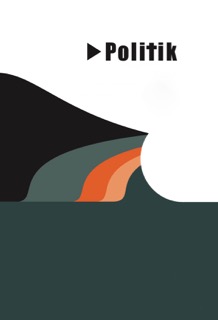Regional Order in the Arctic: Negotiated Exceptionalism
DOI:
https://doi.org/10.7146/politik.v20i3.97153Resumé
Traditional theories of International Relations have thus far failed to explain the unusual degree of cooperation seen in the Arctic between Russia on the one hand, and the seven Western Arctic states led by the United States on the other. Rather than witnessing a devolution into competition and conflict over strategic shipping routes and hydrocarbon resources, regional Arctic institutions have continued to grow in strength and number in the past several years, and transnational ties have deepened. This has prompted some observers to describe the Arctic as ‘exceptional’ – somehow immune to or isolated from global political competition.
This paper argues that the Arctic regional order is exceptional insofar as Arctic states and those states with involvement in the region have worked to negotiate an order and balance of power predicated on norms such as cooperation and multilateralism. The establishment of an Arctic international society has seen great powers and smaller powers come together to form an order aimed at promoting norms and institutions not seen elsewhere in the world. By using an English School approach to understand the Arctic, we contend that Arctic international society has been deliberately negotiated in a way that promotes cooperation between Arctic states. However this order can be disrupted if Arctic international society does not take conscious steps to maintain a strong institutional framework that protects Arctic internationalism.
Downloads
Publiceret
Citation/Eksport
Nummer
Sektion
Licens
Forfattere, der publicerer deres værker via dette tidsskrift, accepterer følgende vilkår:
- Forfattere bevarer deres ophavsret og giver tidsskriftet ret til første publicering, samtidigt med at værket er omfattet af en Creative Commons Attribution-licens, der giver andre ret til at dele værket med en anerkendelse af værkets forfatter og første publicering i nærværende tidsskrift.
- Forfattere kan indgå flere separate kontraktlige aftaler om ikke-eksklusiv distribution af tidsskriftets publicerede version af værket (f.eks. sende det til et institutionslager eller udgive det i en bog), med en anerkendelse af værkets første publicering i nærværende tidsskrift.
- Forfattere har ret til og opfordres til at publicere deres værker online (f.eks. i institutionslagre eller på deres websted) forud for og under manuskriptprocessen, da dette kan føre til produktive udvekslinger, samt tidligere og større citater fra publicerede værker (se The Effect of Open Access).

